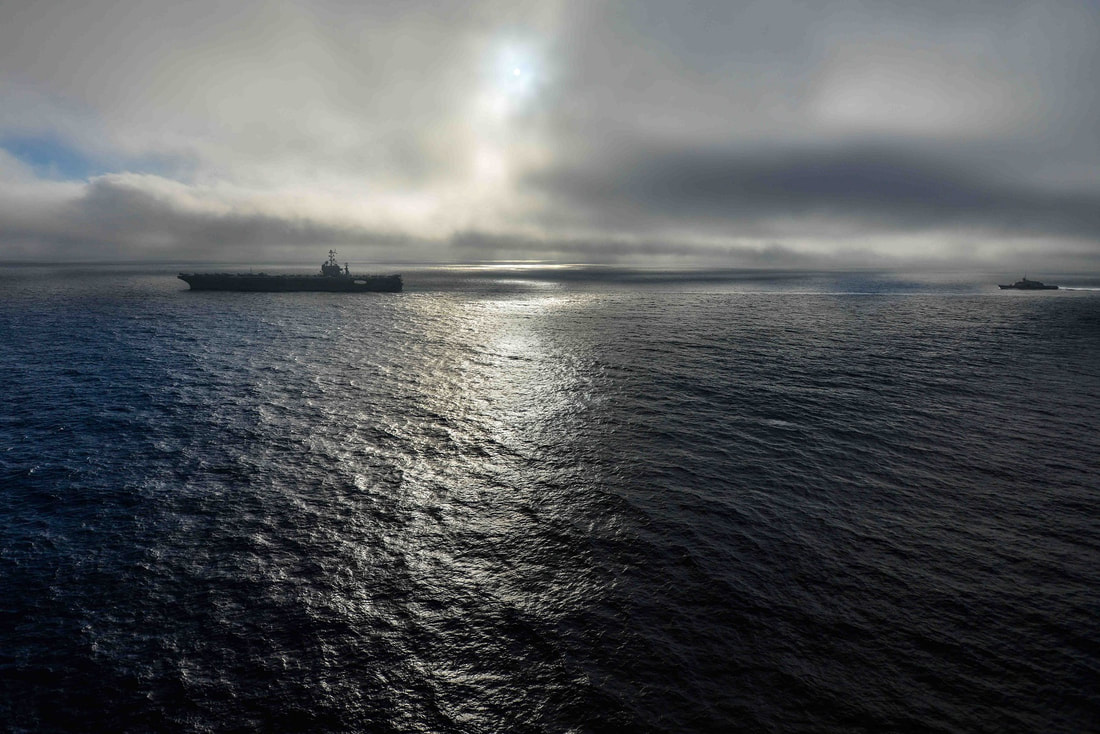Last autumn in Oxford I had an enlightening coffee with Katherine Fletcher, coordinator of Oxford Cybersecurity. Cybersecurity isn’t a department at Oxford. Rather, it's a community of a dozen or so principal investigators and nearly 90 doctoral students spread across 26 departments, faculties, and institutes. It takes a full-time coordinator like Katherine to keep track of everyone. For example, there are computer scientists working on network security, mathematicians working on anomaly detection, criminal philologists working on understanding adversarial mindsets, polity thinkers working on legal implications (e.g., my fellow Marshall Scholar and author of The Cybersecurity Dilemma), and others. If cybersecurity were its own department, it would pull in ~£33 million in funding. Needless to say, it's an incredibly pertinent topic today as there have been massive cyber attacks in the past few years, on land and at sea, causing billions in damage.
As chaotic as this interdisciplinary subject may appear, it reminds me of the situation Oceans@MIT highlighted at MIT: that an ocean researcher is spread somewhat thin across the Ocean Engineering sub-Department, the Mechanical Engineering Department, the Earth, Atmospheric, and Planetary Sciences Department, and our sister institution, Woods Hole Oceanographic Institution, among others.
As chaotic as this interdisciplinary subject may appear, it reminds me of the situation Oceans@MIT highlighted at MIT: that an ocean researcher is spread somewhat thin across the Ocean Engineering sub-Department, the Mechanical Engineering Department, the Earth, Atmospheric, and Planetary Sciences Department, and our sister institution, Woods Hole Oceanographic Institution, among others.
U.S. Navy ships conducting security exercises off the coast of Southern California. Credit: U.S. Navy labeled for reuse.
What did we talk about? Cybersecurity meets oceans! I’m interested in the unique challenges facing offshore industries, especially those that have environmental consequences. These include security of cargo, security of open-ocean lanes, and offshore drilling and resource-dredging activities. I’m also interested in coordination between companies, including how new data regulations may yield win-win scenarios with research groups. Companies in the EU will soon be taxed on their data through the General Data Protection Regulation. What if it was more beneficial for companies to buy data off each other instead of, say, conducting repeated seismic airgun survey, which causes wide-spread marine disasters. DNV-GL and other insurance companies have already expressed interest in this sector; e.g., DNV-GL, Lloyd’s Register with the Royal New Zealand Navy, and the group “Be Cyber Aware at Sea,” plus not surprisingly most don't publish much on what they're doing in this sector. I have much to learn.

